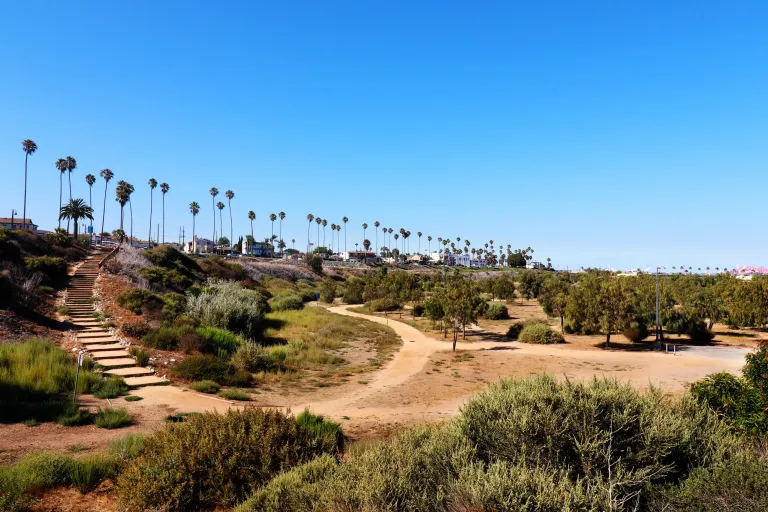The ports of Los Angeles and Long Beach form the largest port complex in the nation. They fuel significant job growth and economic activity in the region, but they also create massive amounts of air and noise pollution, including from idling ships and from the diesel trucks hauling goods to and from the port, often through low- and middle-income communities such as San Pedro, Wilmington, and Long Beach. When a new shipping terminal was being built by the city, to be leased to the China Shipping Company, nearby residents feared the terminal would inundate their neighborhoods with round-the-clock truck traffic and air pollution. The terminal was going up within 500 feet of San Pedro homes.
In 2003, the port and city of Los Angeles settled a CEQA lawsuit brought by a coalition of community, environmental and social justice groups. The settlement secured funding to mitigate impacts of the new terminal, including reducing air pollution from port operations, a program to get older trucks off the road, and the replacement of four 16-story-high cranes with lower-profile cranes. The precedent set by this settlement later led to the creation of the 22nd Street Park in San Pedro, which provided a much-needed greenspace and outdoor gathering place for residents. The CEQA process brought both sides to the table to work on common goals, and it empowered environmental justice communities to influence local land use and development decisions.
Source: Danial Nord, Residents for an Equitable San Pedro Community Today

